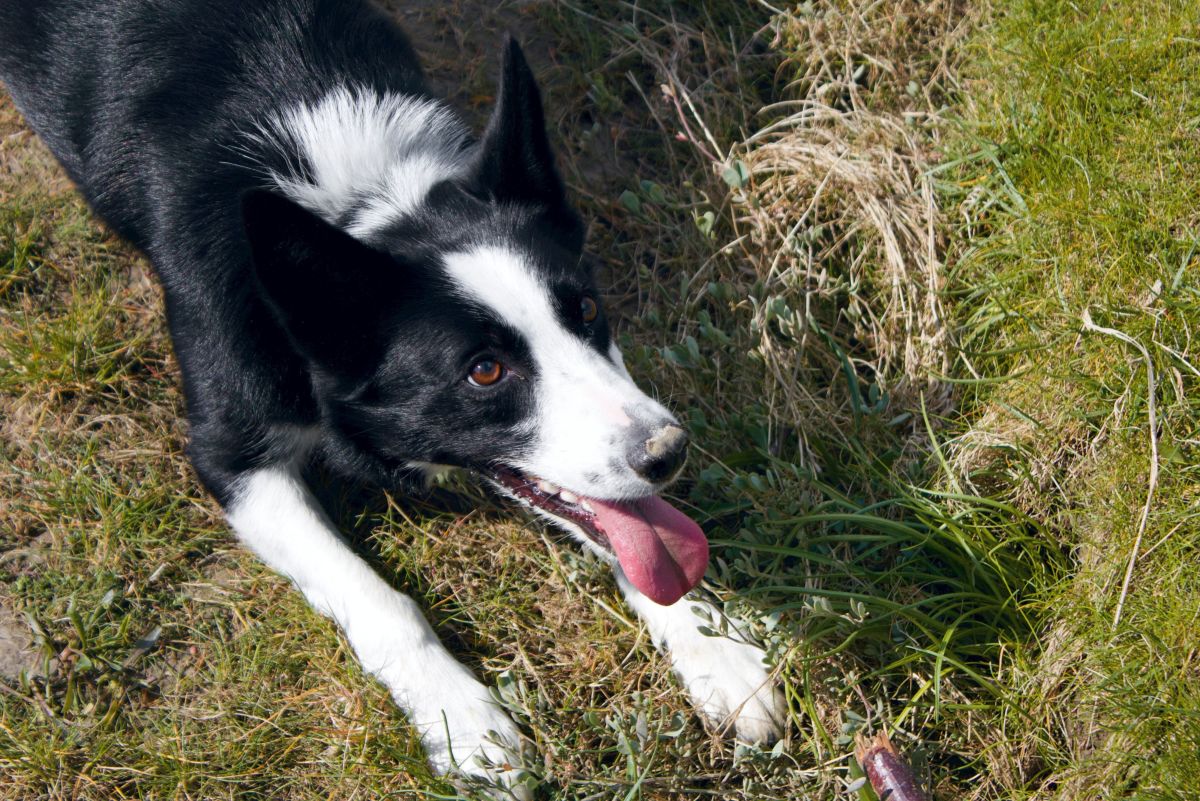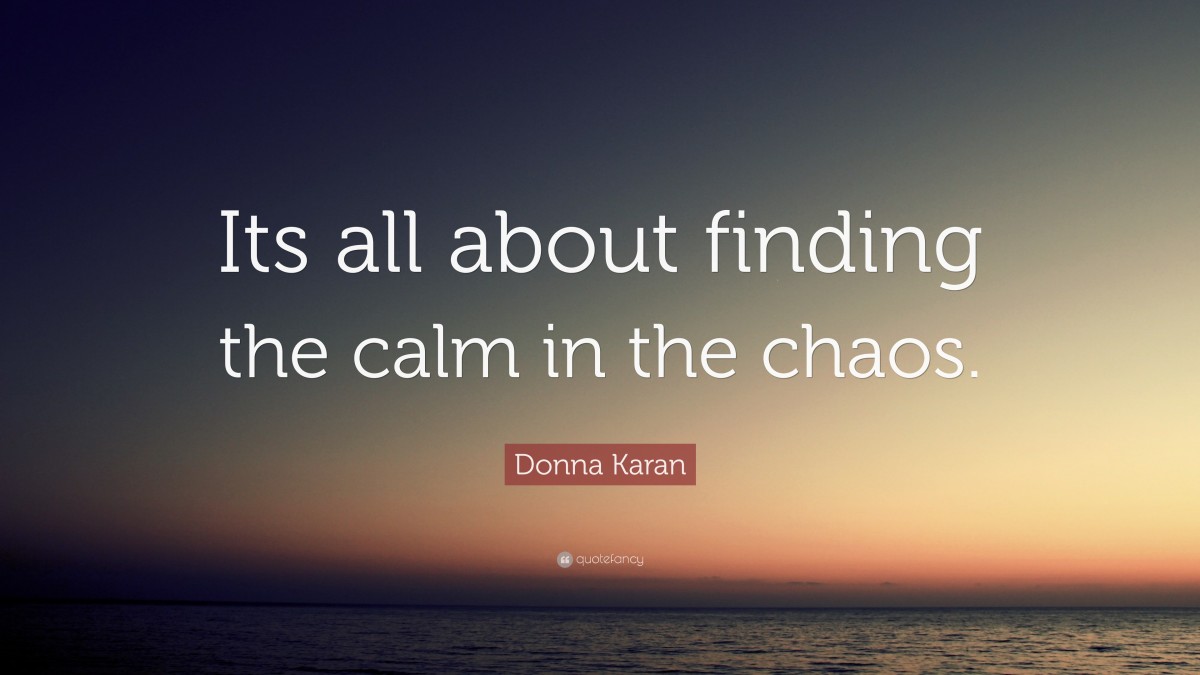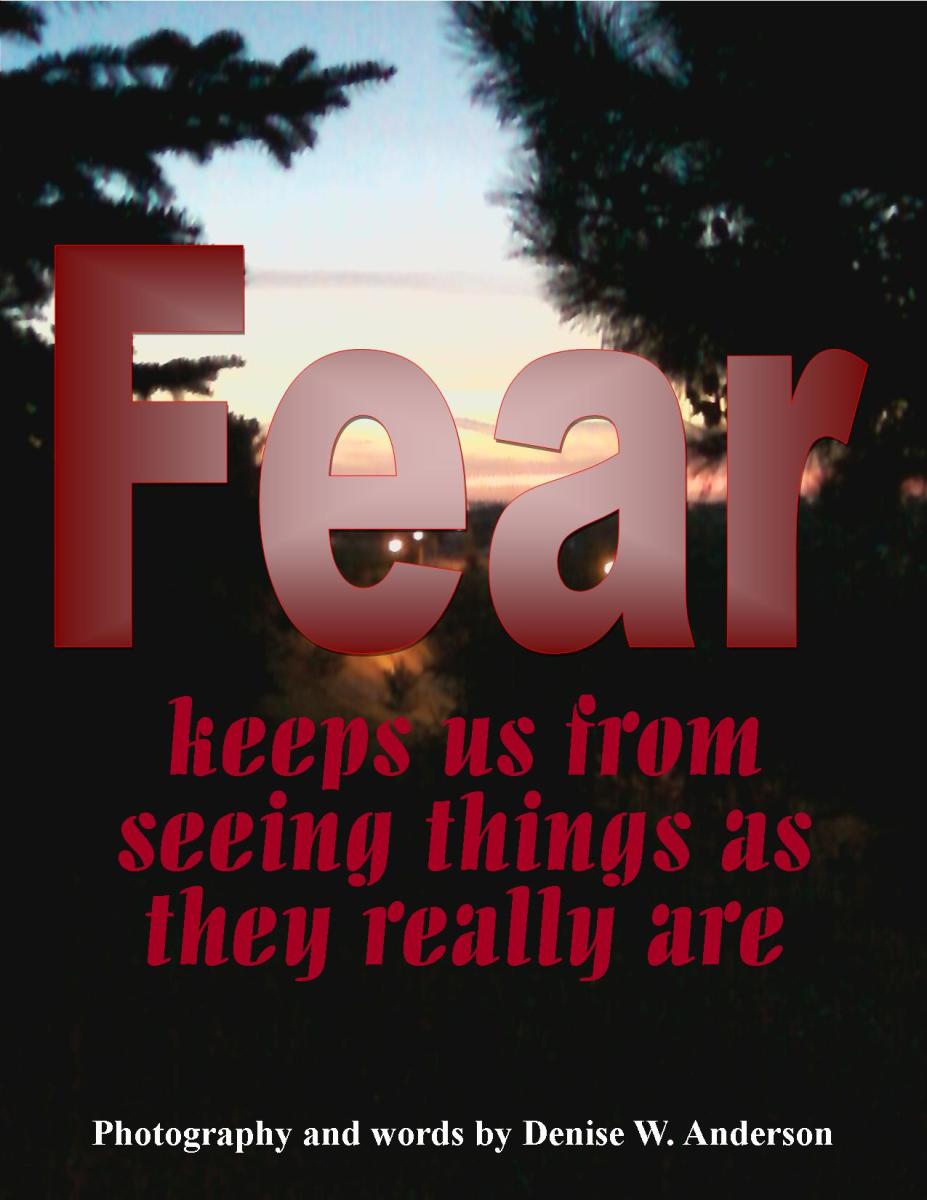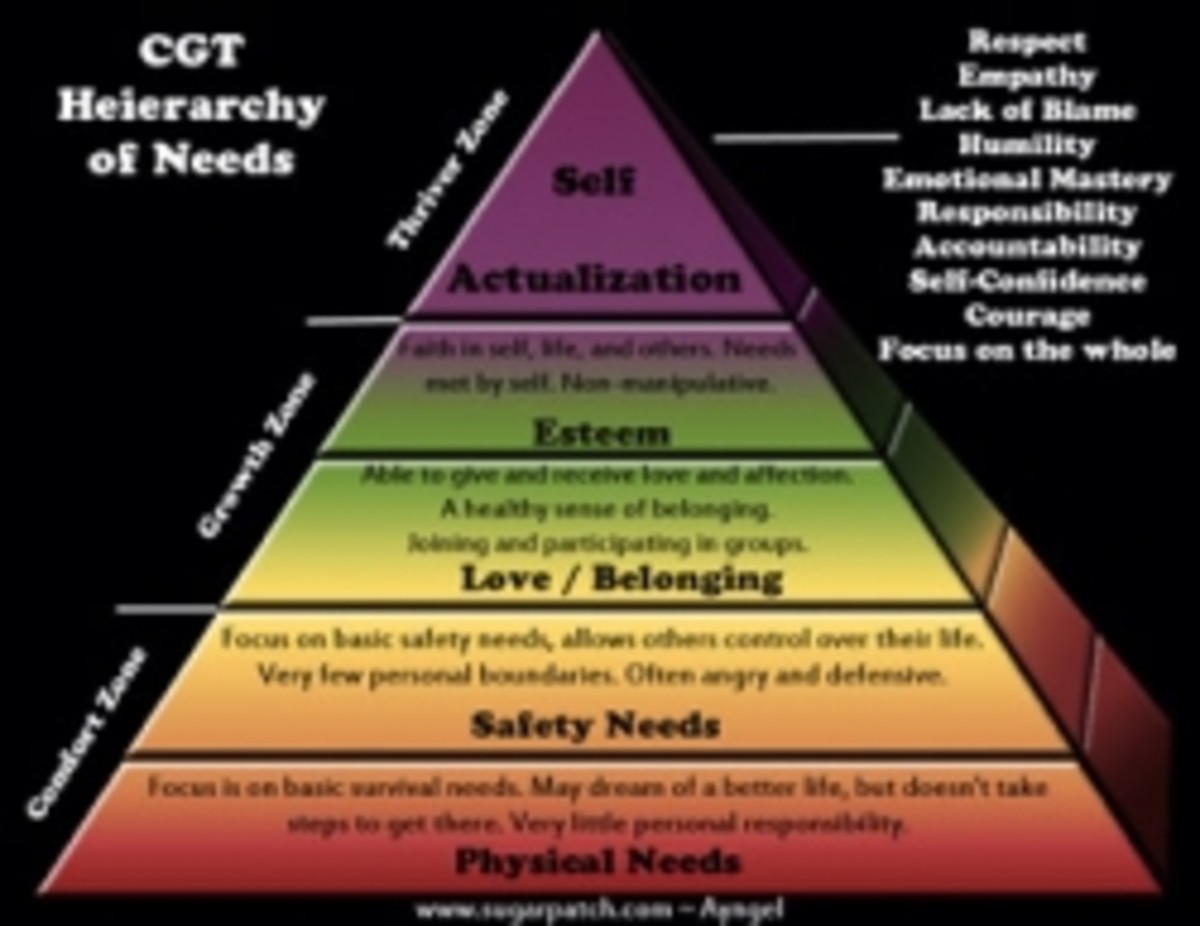How to Relax Yourself
"Jeez, man, just calm down!" - "Well, yeah, but how?!"
Whether it be relaxing after a hard day's work or trying to calm your nerves down before the show, relaxtion is a technique and, more importantly, a skill that we can aquire once we know how to do it properly. There's no point in telling someone to, "Calm down! Just relax!" if they don't know how to.
Breathe!
The number one most important thing to be able to do when trying to relax is breathe properly. When we panic, are tense, anxious, upset, angry or stressed we breathe faster and not as deeply as usual, which causes hyperventilation and dizziness, which then causes us to panic more and so we breathe faster - it's a viscious circle. Alright, so breathing's easy - we've all done it since the day we were born - it's natural and we do it without thinking. But controlled breathing is something different and something that requires practice in order for it to have the desired effect.
Controlled breathing:
- Sit in a comfortable position, preferably with loose clothing, and give your hands a shake - loosen your muscles. Drop your shoulders, roll your neck from side to side and close your eyes lightly.
- Place one hand above your naval area (your belly button) and feel the way your belly goes up and down when you breathe in and out. It should go out as you breathe in (although many people think the opposite, but if you think about it logically, as your lungs fill, they expand, which then pushes your diaphram out, hence your tummy going out when you breathe in).
- Slow your breathing to approximately 7 seconds per inhale and 7 seconds per exhale. Imagine a balloon inside your stomach as it slowly deflates and fills back up again. Feel your hand raising up and down on your stomach.
- Continue with this until you feel calm, relaxed, tranquil.
This is controlled breathing. So when someone says to you, "Calm down, breathe...", this is what they mean. You must practice this over and over when you are not feeling tense, so that when the time comes, you can use it smoothly and effectively.
Use the brain to calm you down: Distraction / Meditation
When you're tossing and turning in bed and can't get to sleep because there's something on your mind, it requires concentration to relax. It's your brain that controls your nervous system and your emotions, so if it can cause them, it can stop them too. The two main techniques that you can use to relax yourself are distraction and meditation.
Distraction:
There are several ways of distracting your mind when you're tense. Watching TV, listening to soothing music, reading a book, playing a musical instrument. Beware you aren't tempted to distract your mind by doing paper-work or anything work-related, though, as that's just as likely to stress you all over again!
Another distraction technique involves the imagination. For example, if you're out and about and can't snuggle down on the sofa and read a book, then use what you have in your surroundings. eg. a picture on the wall. Look at the picture. What's happening in the picture? What story do you think is behind this picture? Now bring it to life. Continue the story in your mind. Make it happy, sad, tragic, funny, dramatic, whatever you want - it's yours! Get lost in it, let your imagination run free. Before you know it, you'll be lost in your own world and will have momentarily forgotten your troubles.
Meditation:
Meditation follows on from the last distraction technique I talked about in more detail. It uses the imagination. Nothing else. Imagination. It's best done in a quiet room with no distractions or likely interruptions.
Get in a comfortabe position and make sure none of your clothing / jewellery is digging into you. Close your eyes and breathe (and when I say this I'm referring to the controlled breathing we practiced earlier). You are relaxed. Your body is heavier and heavier. Sinking into the floor. Now take your mind to a different place. The place where you're happiest. A tranquil place. For me, I'm with my family in sunny Florida, walking down Main Street in Disney Land. Or I take myself to one of Florida's white beaches - blue skies, palm trees, white sand which feels hot between your toes...and do whatever you want there. Sunbathe, chat, play...whatever you want - it's your place and noone can take it away from you.
To come out of the meditation, begin to listen to your breathing, which has been kept slow, deeo and controlled all the time during the meditation. Begin to register your surroundings once more and slowly open your eyes. Don't move just yet - wait until your body feels as one again.
Meditation may sound a little strange and a little Hippie-like, but anyone can do it and many people do do it to calm themselves, get themselves to sleep on a night and so on. You don't have to sit with your legs in that wierd crossed position like so many people think you do - it's all about relaxing the mind and calming the body. Give it a go and see what works for you.
Comfort Eating
Many people seek comfort from food. Indeed, food can calm us down. I even read somewhere that to relax yourself having a square (note, a square, not a bar!) of chocolate is a good tactic. But, just like with pills, our body can become addicted to food and cause us problems in the long term, so comfort eating is best left alone. Whenever you're stressed and find yourself heading for the fridge, either try the distraction techniques discussed above, or if you simply can't resist the smell of food glorius food, have yourself some mints or something which will take away that lust for something tasty in the most non-fat way possible!
Pills & Alcohol: Beware!
There are many products nowadays that we can use to help us relax - "Rescue Remody", sleeping pills, tranquilisers and, of course, alcohol - but a word of warning: you can become addictided to these because never forget all of these are drugs and our body can become dependant on them if it meets them on a regular basis. So I'm not saying don't use them, but just be careful of taking them too regularly.
Thank you for reading and I hope this helped!
2009 By Daniella Wood








